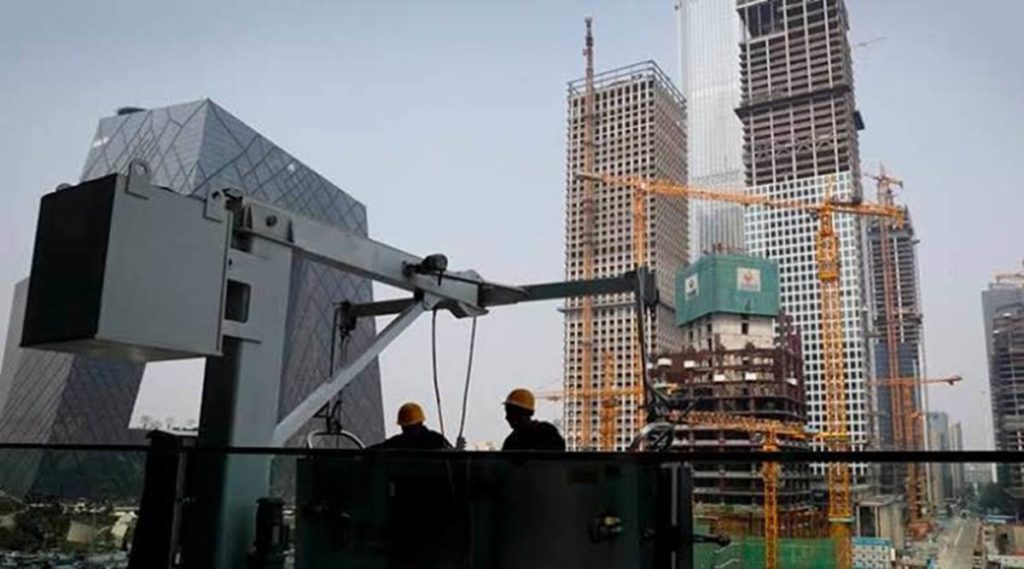MUMBAI: The sentiment in the real estate market is at an all time low amid the coronavirus crisis, said a recent industry report.
With the Covid-19 crisis playing havoc on the economy and real estate sector, the Knight Frank-FICCI-NAREDCO Real Estate Sentiment Index Q1 2020 Survey shows the current sentiments of the real estate stakeholders, developers and financial institutions, in India have dropped to an all-time low score of 31 during January-March (Q1), 2020.
The survey further indicates that the ‘future sentiment score’ outlining the industries’ market expectations has also dipped well into the pessimistic zone at a score of 36 in Q1 2020 against the score of 59 in Q4 2019.
“The real estate sector that had just about started showing some signs of revival during the last quarter of 2019 has suffered a severe setback due to the COVID-19 crisis,” it said.
A score of over 50 signifies ‘optimism’ in sentiments; a score of 50 means the sentiment is ‘same’ or ‘neutral’, while a score of below 50 shows ‘pessimism’.
Shishir Baijal, Chairman and Managing Director of Knight Frank India, said: “The pandemic has created an unprecedented condition which is impacting global markets and societies. There is already a severe shortage of liquidity due to the complete standstill that most economies have come to.
“Even while the government and the Reserve Bank of India have provided some stimulus measures, further support may be required to help the real estate sector and for the economy to stay afloat during the crisis. Managing liquidity and sustaining through the length of this pandemic will be critical for economic survival in the post-pandemic era.”
The report noted that the mood of the stakeholders as regards the overall economy and the real estate sector had been in the pessimistic zone in the second and third quarter of 2019 due to credit squeeze and overall economic slowdown.
With the slew of measures announced by the government to revive the sector, the last quarter of 2019 infused confidence in the real estate market and the creation of a stressed asset fund (AIF) of Rs 250 billion to provide last mile funding to stalled affordable housing projects was a welcome step in this direction. However, the Covid-19 outbreak has marred the stakeholders’ sentiments.
“The lockdown will translate into a vicious sequence of stalled construction, delays in project deliveries, delays in loan repayments and debt servicing to banks and an overall slump in demand due to uncertainties in employment and salary cuts. All these factors have marred the future sentiment score of stakeholders,” as per the report.
Niranjan Hiranandani, National President, NAREDCO said: “The current lockdown has brought the industry to a standstill position and the recovery curve will depend on the fiscal stimulus rolled out by the government machinery. Given the bleak market scenario, all concerned stakeholders are in cautious mode and fighting the war of life versus livelihood.”
He however, added that a great amount of resilience and adaptability has been demonstrated by consumers and the developer. There will be a slowdown across the industry post Covid-19 crisis, Hiranandani said, adding that the industry is facing an acute working capital crisis, which is essential to restart the business and keep it moving.
On the residential market, more than 60 per cent of the stakeholders have opined that the current Covid-19 situation will adversely impact residential new launches, sales and prices in the next six months.
Regarding the office market outlook, 42 per cent of the respondents believe that the next six months will be one of the worst phases in terms of new supply additions across the major office markets in the country. Around 53 per cent of the stakeholders opined that leasing activity will remain well below par in the next six months.
The sample size of the survey is over 250 stakeholders from the supply side that includes developers and financial institutions. The Q1 2020 survey was conducted in the first week of April 2020. IANS







